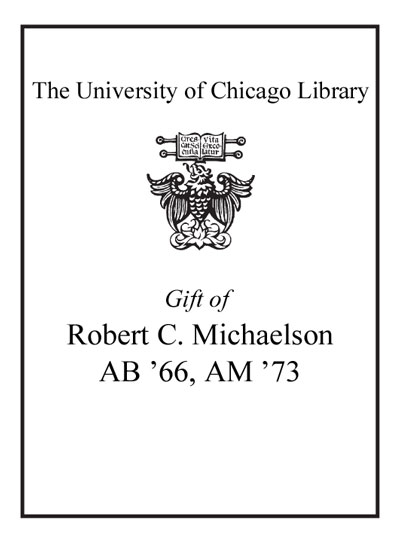Review by Choice Review
Smullyan belongs to a select group (Lewis Carroll, Martin Bardnee, Douglas Hotstadter, and Rudy Rucker) who have succeeded in making accessible to a wide audience sophisticated ideas of mathematics and logic. He is known by the mathematical community for his research in logic in model theory and is known to all with a penchant for subtle puzzles from previous books such as The Lady or the Tiger? (1982), To Mock a Mockingbird and Other Logic Puzzles (1985), and numerous others. Forever Undecided is perhaps his most ambitious effort. By the use of challenging and entertaining puzzles Smullyan is able to unravel the complexities of the theorems of Kurt Godel and the subtleties of modal logic. Highly recommended for college, university, and public libraries.-R.L. Pour, Emory and Henry College
Copyright American Library Association, used with permission.
Review by Publisher's Weekly Review
In these mathematical and logic puzzles, truth-telling knights battle lying knaves; a philosopher-logician named George falls in love with Oona, flighty bird-girl of the South Pacific; Inspector Craig and timid, conceited or modest reasoners match wits. Using such fictional enticements, the author of What Is the Name of This Book? and To Mock a Mockingbird steers us through the logical thickets of Kurt Godel's famous Incompleteness Theorem, which holds that mathematical systems can never prove their own consistency. Readers who make it halfway through this book will learn more symbolic logic than a college freshman stuffed with ``new math.'' In the second half, the deeper waters of modal logic are navigated. This field, which dates back to Aristotle, impinges on current debates in computer science and artificial intelligence. Smullyan's gift is to make complex ideas both accessible and enjoyable to the persevering reader. (February 25) (c) Copyright PWxyz, LLC. All rights reserved
(c) Copyright PWxyz, LLC. All rights reserved
Review by Library Journal Review
Godel's incompleteness theorem is generally considered to have shown that formal number systems cannot prove their own consistency. Through a series of problems and solutions (``On the Island of Knights and Knaves, knights always make true statements and knaves always make false statements, and every inhabitant is either a knight or a knave . . . '') that are converted to symbolic logic, Smullyan progresses from an elementary to an advanced consideration of Godel's theorem. Apart from a few remarks at book's end, Smullyan makes no attempt to show what bearing Godel's results might have on more general, particularly epistemological, problems. Serious students of logic, computer theory, and artificial intelligence should find this entertaining and instructive, but it cannot be recommended for a larger audience. Leon H. Brody, U.S. Office of Personnel Management Lib., Washington, D.C. (c) Copyright 2010. Library Journals LLC, a wholly owned subsidiary of Media Source, Inc. No redistribution permitted.
(c) Copyright Library Journals LLC, a wholly owned subsidiary of Media Source, Inc. No redistribution permitted.
Review by Choice Review
Review by Publisher's Weekly Review
Review by Library Journal Review

